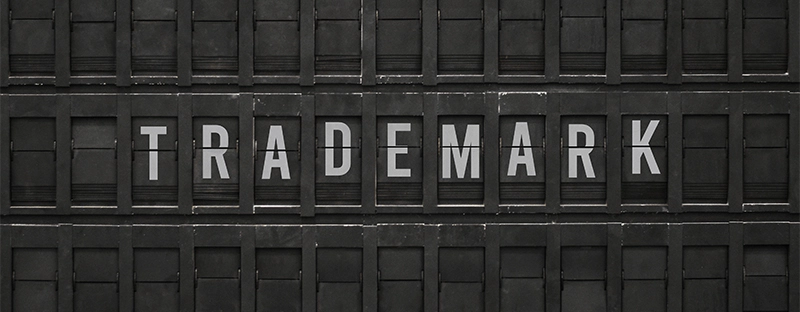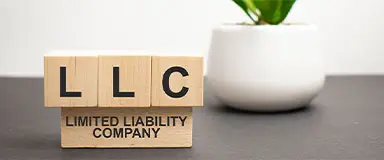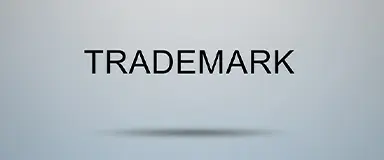LLC in logo: do you have to put it or not, the legal requirements, when it must be included, and how your choices affect trademark protection.
Five of the Weirdest Trademarks Ever Registered
Written by Emily Brooks ·

A trademark is a recognized identifier of a brand, whether that brand is a business, an individual like an influencer or artist, or a non-profit organization. You can trademark a logo, a name, or even an audio jingle — but some trademarked assets are definitely weirder than others. We’ve brought together five surprising trademarks and a little bit of the history behind each one.
1. The Darth Vader Breathing Sound
If you’re a Star Wars fan and you use the iconic Darth Vader deep breathing for anything promotional, you could expect a cease-and-desist order from Lucasfilm in due course. The company successfully trademarked the ominous sound in 2008. The trademark documentation notes that the sound is primarily used for toys, masks, Halloween costumes, and games. However, Lucasfilm is famously litigious, so using the sound at all represents a very risky maneuver for businesses.
2. “That’s Hot!” by Paris Hilton
Way back in 2007, hotel heiress and socialite Paris Hilton successfully sued Hallmark Cards for using her image and her catchphrase, “That’s Hot!” without permission. Not only did she try and claim $500,000 in damages, but she took out an injunction preventing Hallmark from exploiting her likeness and phrase in the future. In 2010, Hallmark settled out of court to finalize the matter. “That’s Hot!” is a registered trademark, which is why Paris Hilton held all the power throughout this case.
3. The Blue Turf of Boise State University
Since 1986, Boise State University has had blue turf on its football field instead of the standard green. In 2011, the school was granted a federal trademark registration which means that no other school or football organization can use blue as a color for artificial turf. The trademarked color is so well known that the official NFL ruling on requiring green grass for matches is called the “Boise State Rule.”
4. The Eiffel Tower — But Only Lit Up
It seems unrealistic that you can trademark the image of a national monument like the Eiffel Tower in Paris, France. However, when the tower is lit up at night, it suddenly becomes a protected commodity. That’s because the lights are considered a separate entity and a work of art, which means they can be copyrighted and, as the image of them is a symbol that markets the area, trademarked. If someone wants to take a picture of the Eiffel Tower at night and then sell it, they must first get permission from La Société d'Exploitation de la Tour Eiffel (SETE), the organization that manages the tower and the attached light show.
5. Law and Order Dramatic Intro Sound
That two-note, dramatic, “Dum dum!” sound at the start of Law & Order is so iconic that the network owner, NBCUniversal Media, has successfully trademarked it. The composer, Emmy Award-winning Mike Post — famous for arranging Classical Gas and composing multiple TV show themes — still receives royalties for the use of the sound. With so many Law & Order spin-offs in existence, that represents a significant sum of money. However, if another party were to use the sound for commercial purposes, NBCUniversal Media would be the entity that could sue for damages.
You’ll notice that this is the second soundbite on our list that’s successfully trademarked. Although historically it’s been challenging to get a sound trademarked — Harley Davidson tried and failed to trademark their engine sound — there are other examples. MGM’s roaring lion is trademarked, as is Homer Simpson’s iconic “D’oh!” exclamation.
Protecting Weird and Wonderful Trademarks
Whether your trademark is something standard or a little leftfield, you can only protect your names, logos, catchphrases, and more by applying for trademark registration. You can apply for registration in numerous countries, ensuring that your brand identifiers are protected wherever you practice business in the world.
Creative professionals and influencers, you should also consider protecting your brands to ensure that others don’t profit from your success without your consent. Take inspiration from the organizations and individuals above and protect what’s most important to you.


